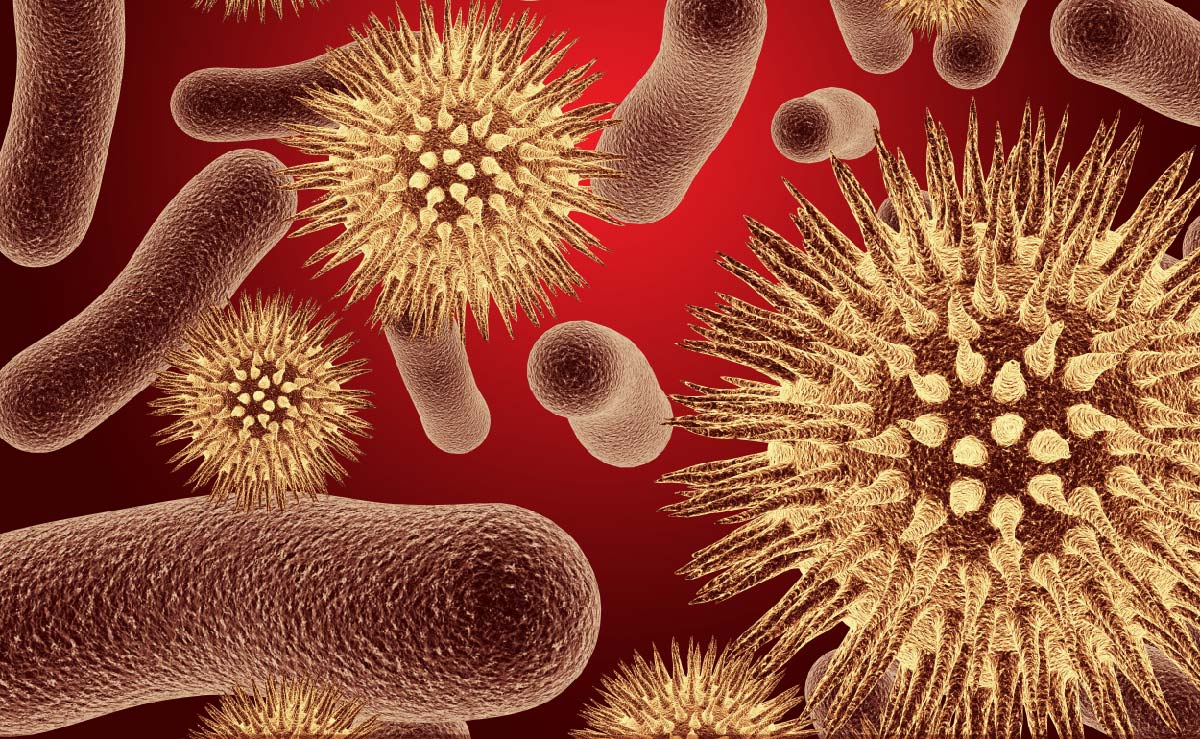Research Field
Among infectious diseases, tuberculosis (TB) is the second biggest killer (after HIV) and is, in general, one of the top ten global killers with an estimated two million people dying each year. Caused by the pathogenic bacteria, Mycobacterium tuberculosis (Mtb), it has historically been treated using antibiotics, although there has been an increase in multidrug-resistant (MDR) strains with almost 500,000 cases in 2015 alone. The danger of TB is not just to those who are symptomatic – one-third of the world’s population are carriers for latent TB, in which the bacteria lie in a dormant, asymptomatic, non-infectious state, where the dormancy is maintained by the host’s immune system. However, in approximately 10% of these cases, the bacteria will awaken at some point, resulting in both TB and the bacteria becoming contagious. As such, there is a tremendous need for novel targets and drugs that can combat the MDR of Mtb.
Prof. Gur’s lab investigates the function and regulation of the Pup-proteasome system (PPS), a system in mycobacteria analogous to the ubiquitin system found in eukaryotic cells, which tags proteins for degradation and amino acid recycling. It has been shown that Mtb requires proper proteasome function and amino acid recycling to maintain its virulence and latency.
The PPS is a proteolytic system that serves two purposes in Mtb: it recycles proteins to obtain amino acids and it regulates processes by degrading specific proteins, resulting in downstream effects. Inhibition of the PPS does not harm the host (in this case, humans) or most of the microbiota, but it does inhibit the ability of Mtb to reside within the host.
The PPS is dependent upon two enzymes, in addition to the proteasome: PafA and Dop. PafA pupylates target proteins, thereby tagging them for degradation, while Dop plays two different roles via identical chemical processes – one is Pup activation, and the other is depupylation. As such, these key enzymes are attractive targets for drugs or small molecules that disrupt the virulence of the pathogen and act as a novel antibiotic.

 ?>)
